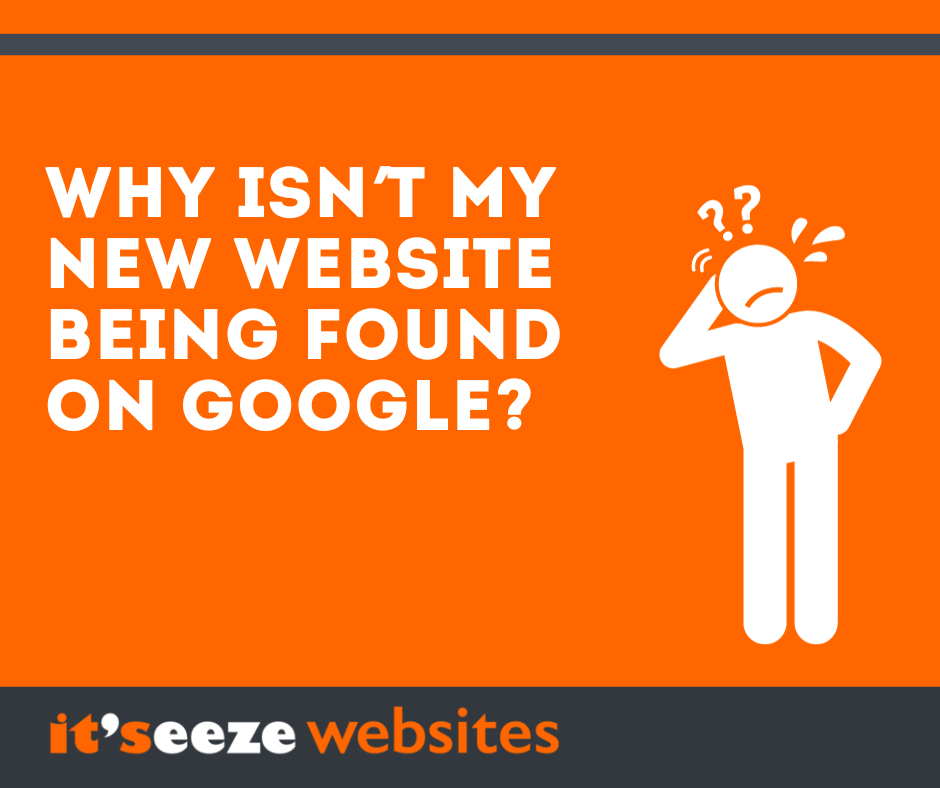The Google Indexing Race: How Long Does It Take for New Websites to Get Noticed?
Posted on 11th October 2023 at 13:39
Introduction
Launching a new website in the vast digital landscape is an exhilarating experience. Whether you've created a personal blog, an e-commerce store, or a corporate site, the ultimate goal is the same: to reach your target audience and establish an online presence. However, your website can't achieve its full potential if it remains hidden from the watchful eyes of search engines, notably the almighty Google. In this blog, we'll explore the process of Google indexing new websites and answer the age-old question: how long does it take?
Understanding Google Indexing
Before we delve into the time-line of indexing, it's crucial to understand what Google indexing actually is. Google, as a search engine, crawls the web to find new web pages. When it discovers a new website, it adds it to its index, a massive database containing information about every web page it has encountered. Indexing is the first step in making a website eligible to appear in search engine results.
The Time-line of Google Indexing
Immediate Crawling:
Once your website goes live, Google's web crawlers, also known as "Googlebot," will visit your site. This is the initial step in the indexing process and can happen within a few hours to a few days after your site's launch. However, this doesn't mean your website will immediately appear in search results; it's just the first part of the journey.
Indexing Time-frame:
The time it takes for your website to be indexed by Google can vary significantly. Some websites might be indexed within a few days, while others may take several weeks or even months. Several factors influence the speed of indexing:
Website Quality: A well-structured and error-free website is more likely to be indexed quickly. Ensure your website is free of technical issues and follows best SEO practices.
Content Freshness: Websites that frequently update their content tend to be crawled and indexed more frequently. Publish high-quality content expedites the process.
Backlinks: If other reputable websites link to your site, it can boost your site's credibility in the eyes of Google, potentially speeding up indexing.
XML Sitemaps: Submitting an XML sitemap of your website through Google Search Console can help Google's crawlers navigate your site more effectively.
Patience and Persistence:
While waiting for Google's indexing can be frustrating, it's important to be patient. Google prioritises established and authoritative websites, so new websites may not rank as quickly. Continue to optimise your website, create valuable content, and build a strong online presence to increase your chances of being indexed sooner.
Tips for Faster Indexing
If you're eager to speed up the Google indexing process for your new website, here are some tips:
Quality Content: Publish high-quality, original content regularly.
XML Sitemap: Create and submit an XML sitemap via Google Search Console.
Backlinks: Build authoritative backlinks to your site from reputable sources.
Social Signals: Share your content on social media platforms to attract initial traffic.
Mobile-Friendly Design: Ensure your website is mobile-responsive and user-friendly.
Conclusion:
The journey of getting your new website indexed by Google can be a waiting game. The timeline can be unpredictable, and it often depends on various factors that are beyond your control. However, by following best practices in web design, content creation, and SEO, you can significantly improve your chances of being noticed and indexed by Google sooner rather than later.
Remember, patience and persistence are key in the world of online marketing. Keep creating valuable content, building a strong online presence, and your new website will eventually find its place in the vast digital landscape.
Share this post:
